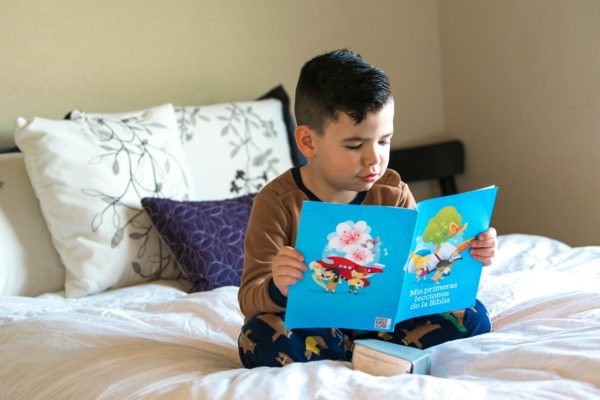Encouraging independence in children is crucial for building their confidence and self-reliance. By integrating daily routines and reward systems, along with practical tools like charts and routine templates, we can significantly aid this developmental goal.
Here´s how.
a
The importance of routine in encouraging independence
Establishing a routine is fundamental to encouraging independence in children. Why? Because regular schedules provide the necessary structure and predictability that´s essential for healthy development.
For example, such routines:
- enhance confidence,
- reduce anxiety during transitions,
- and provide a sense of security.
And this allows children to confidently tackle new challenges.
a
Age-appropriate chores to build independence
Incorporating age-appropriate chores into daily routines teaches responsibility and encourages independence from a young age. Here’s how chores can be tailored by age:
- Toddlers: Putting away toys, and placing dirty clothes in the laundry.
- Young Children: Making beds, helping to set the table.
- Older Children: Assisting in meal preparation, and managing personal hygiene.

a
Effective use of reward charts to encourage independence
Reward charts are excellent tools for motivating children, linking specific tasks to rewards and creating a positive feedback loop. Examples include:
- Sticker charts for younger children to reward daily tasks.
- Point systems for older children, where points are exchanged for larger rewards.
a
Daily routine charts to build structure
Routine charts help organise a child’s day, instilling structure and predictability. For example:
- Morning charts: Include tasks like making the bed and brushing teeth.
- Evening charts: Focus on preparing for the next day, such as packing school bags and getting ready for bed.
- Chore charts: Listing daily chores.
Read: Age Appropriate Chores for Children to Help Them Learn Valuable Life Skills

a
Customising routines to encourage independence
As children grow, their routines should adapt to align with their developmental stages and changing needs. Flow-style routines offer flexibility, adjusting to daily demands while providing structure. For instance, bedtime might vary based on the day’s activities or the child’s tiredness levels.
a
Encouraging independence through structured play and decision-making
Allowing children to play independently and make decisions about their activities encourages creativity and problem-solving skills. For example, encourage:
- Independent playtime: to build creativity and self-sufficiency.
- Choice in activities: to enhance decision-making skills.
- Problem-solving tasks: to boost logical thinking.

a
How parents can encourage independence in children
Encouraging independence in children means providing opportunities for children to make decisions and allowing them to understand the consequences. Therefore, parents should aim to be supportive guides rather than directors of their children’s daily activities.
For example, allowing a child to choose their outfit for the day teaches decision-making. Even if the result is a mismatched ensemble. Parents must sometimes step back and let children tackle challenges independently, stepping in only when necessary. This approach not only boosts a child’s confidence but also cultivates critical problem-solving skills as they learn from their successes and mistakes.
a
Empowering future generations
By encouraging daily decisions and problem-solving, we enhance children’s confidence and judgment, preparing them for future challenges.
These strategies collectively play a crucial role in encouraging independence in children, providing a foundation for them to thrive in all areas of life.
At Schoolhouse Daycare, we enjoy learning, encouraging confidence and we love life! If you think your child would enjoy life at Schoolhouse, then please do not hesitate to arrange a visit.



